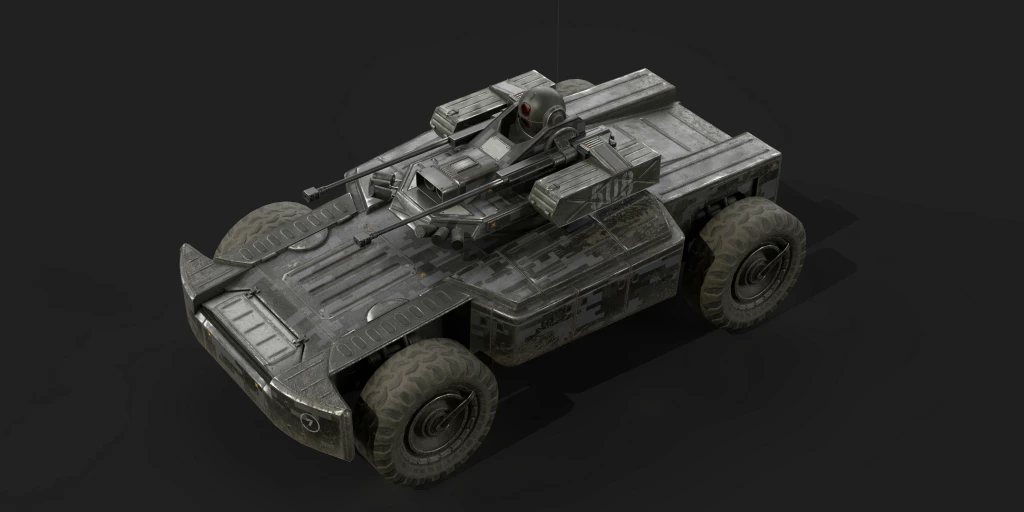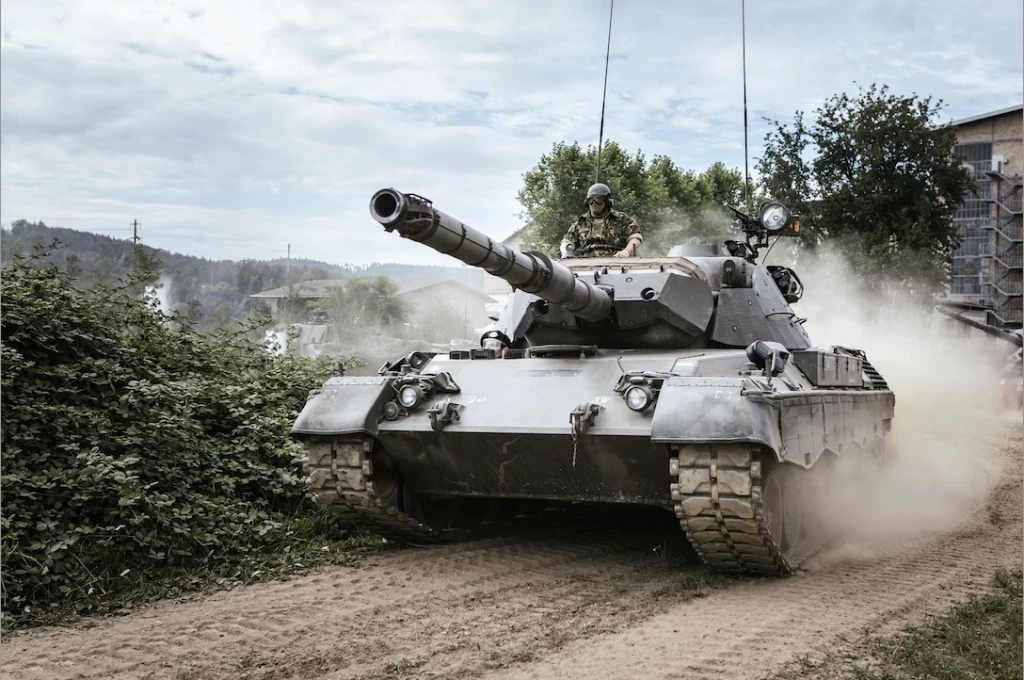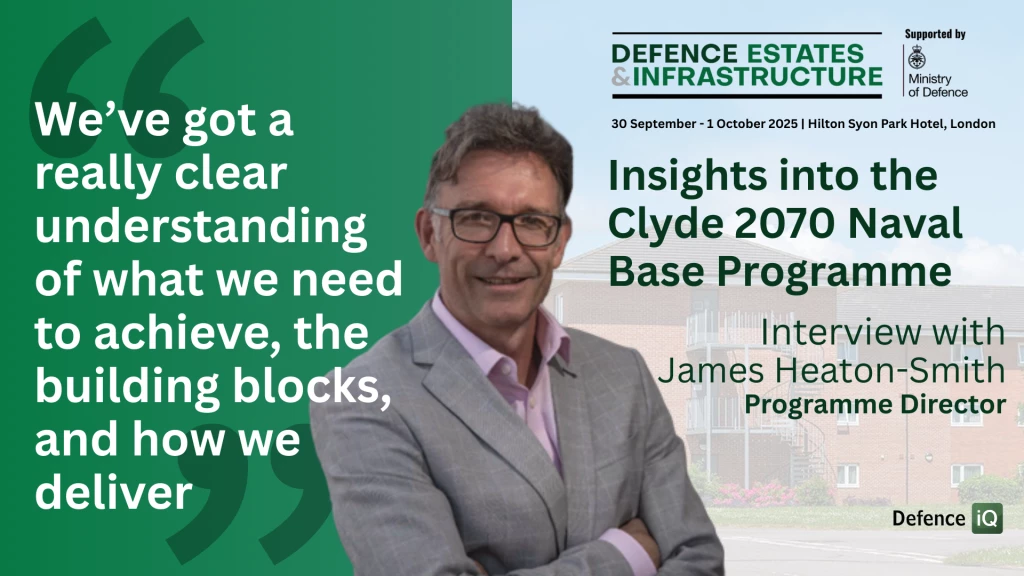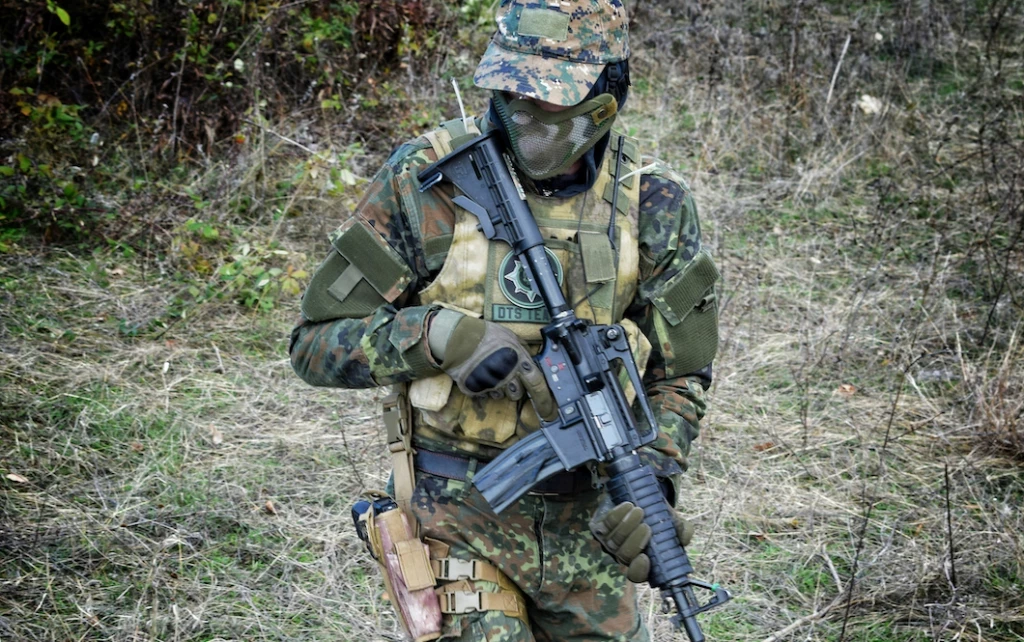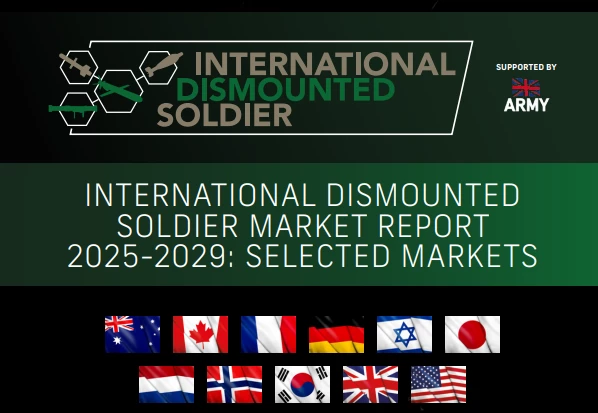On the Intersection of Gender, Leadership & Innovation in Defence
Add bookmark
In Part II of our discussion, Defence iQ's Editor speaks to Alice Bromage, Defence and Leadership expert, about gender, skill sets and the importance of mindset in tackling complex challenges. Read Part I here.
What are your thoughts on the intersection between gender and leadership in Defence? Is a lack of gender diversity hindering innovation?
To split our understanding of leadership by gender in Defence can be misleading. There are both phenomenal and atrocious leaders within the Defence and civilian leadership community, across all genders. Whilst there may be trends, I have not found any to be specific to gender; they have often been conditioned by their own leadership role models and training that the person has received during their own career.
The ability to innovate and create novel, highly effective solutions to both simple and complex problems is about mind set and as skill set. The skills that a leader and their team possess and how they bring them to bare are something that will make a team (and therefore the leader), shine out as an example to follow, or one to avoid at all costs.
This is also where innovation needs to come to play within the Human Resources chain; we have to give leaders the honest truth about their strengths and weaknesses if they are to really flourish in their roles. If someone can perform better, help him or her do so.
The one failing I have come across in both military and civilian arenas, is that these ’toxic’ individuals are not either coached and mentored out of these habits as soon as they are identified, or that they are removed from post to protect the rest of the team. This is also where innovation needs to come to play within the Human Resources chain; we have to give leaders the honest truth about their strengths and weaknesses if they are to really flourish in their roles. If someone can perform better, help him or her do so.
Therefore, to develop great leaders, I would suggest we look at skills and cognitive diversity to generate innovative, effective and efficient ways of working. In the military, they often say that the most dangerous officer is the one that is diligent, stupid, and works hard, as they will try and make up for their lack of understanding by throwing more man hours at a problem. The best is the highly intelligent, lazy officer. They will find a solution, expediently and efficiently, and will be the masters of delegation, as they do not want to do any extra work themselves.
The majority, like in civilian life, are in the middle; bright and diligent, seeking to innovate but are also wanting to work hard themselves and so may get wrapped up in the ‘doing’ rather than the leading. The key to innovation is harnessing the skills and imagination of yourself and your team; allowing your mind to explore further than you feel comfortable, and seeing what is out there in the unknown; to find excitement and fulfilment in going where others have not.
Where my female peers experienced positive discrimination due to their sex, rather than capability and capacity, they left. We want to be judged on our ability, nothing else.
Consequently, I would not look to focus on improving gender balance alone. I would seek to ensure that Defence is clear on what skills are needed for each role, and ensure that the best person if recruited for the job. There are so many legacy biases about what areas of the country defence recruits in, how old people need to be, what IQ they may need for each role etc. and these are what we need to break down.
There was a really marked difference too in the past (read 200/2001) when some cap badges e.g. in the intelligence community, had women integrated across the ranks for many years, so they were treated the same as anyone else. We had female officers working at 3 Commando Brigade as Chief J2, and within the Special forces too. There, they wanted your brain, not your brawn. Some other cap badges, however, were at the start of their female integration journey and this didn’t go so well. Where my female peers experienced positive discrimination due to their sex, rather than capability and capacity, they left. We want to be judged on our ability, nothing else.
There is a good reason that the Armed Forces spend so much time reinforcing the values and standards that are expected across the force, as this removes the variance of background, religion, gender etc. It enables you to have a clear outline of what is required of you, without compromising your individuality.
For those of us that have served on Operations, in mixed environments, for all of our careers (I initially joined in 1995), you want the best person for the job to be stood next to you when things get tough. I don’t care where they come from or what their background is, they just need to be the best and share the same values as me, as my life - and theirs - depends upon it.
What does innovative leadership mean to you, and what advice would you offer a business or military leader who wants to enact change at an organizational level?
To me, innovative leadership means that a leader is willing to evolve and flex. Going in with an open mind about the solution that will be needed for a situation, you are analysing the opportunities and threats, the skill set and resources that are available to you, and looking for the best solution - not always the easiest, or something that you have done before.
Often commanders and leaders, be it in civilian life or in Defence, think that a good solution has to come with a large price tag. In my experience in developing organisational-level solutions, we were forced to be innovative because we were given no budget or developers.
Simplicity is often underestimated for its value, especially when trying to create change, or share a new way of working. This often comes from understanding the problem at its most fundamental level, looking at the outcome that you would like to achieve and not being scared to take a new option if it is presented.
Often commanders and leaders, be it in civilian life or in Defence, think that a good solution has to come with a large price tag. In my experience in developing organisational-level solutions, we were forced to be innovative because we were given no budget or developers. What we were allowed to do was experiment with how we utilised the equipment, develop new code and add things together in differing ways to what was in the instruction manual. We were allowed to apply the Bricolage approach: making best use of what you have.
Often we think that solutions will come from new avenues. Innovative leadership enables the team to be given the permission, and encouragement, to find solutions from what you already have, as well adding new capabilities.










